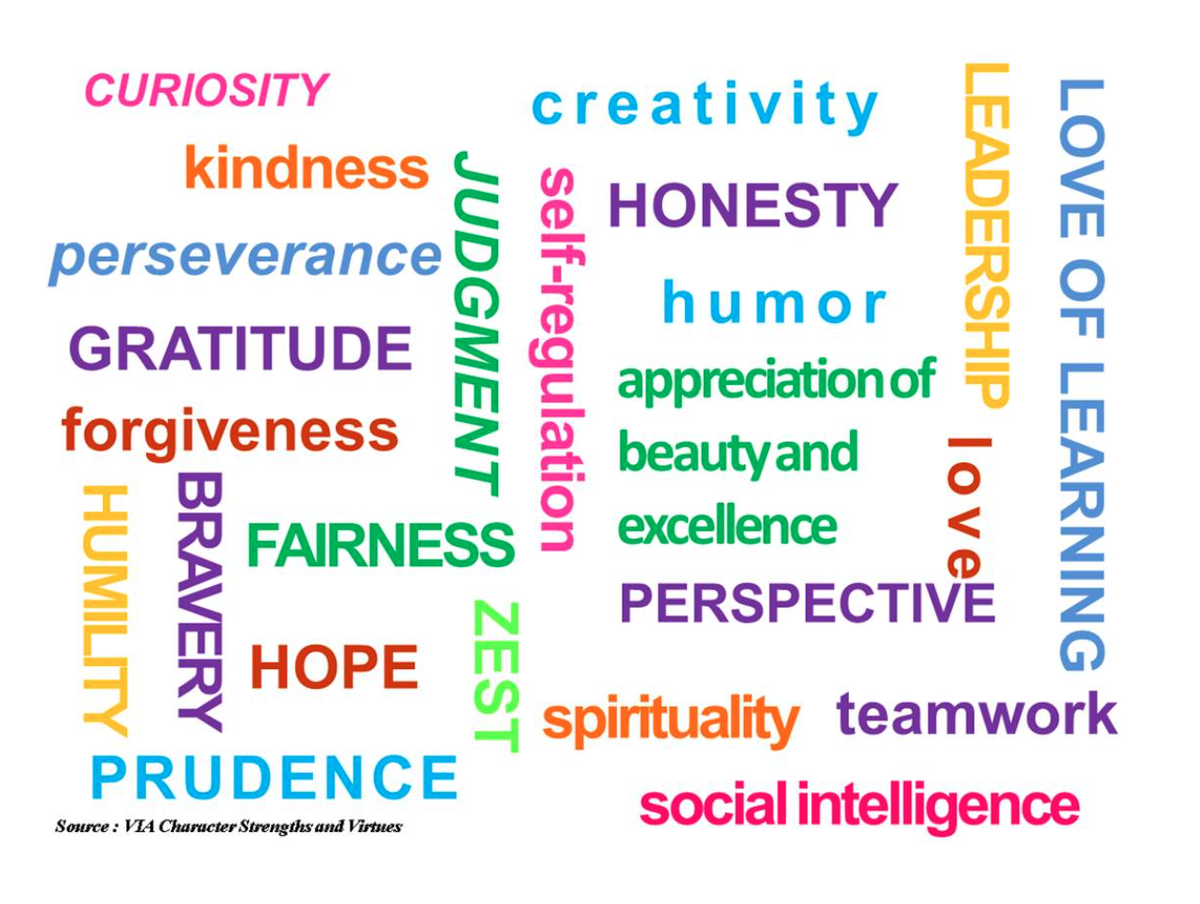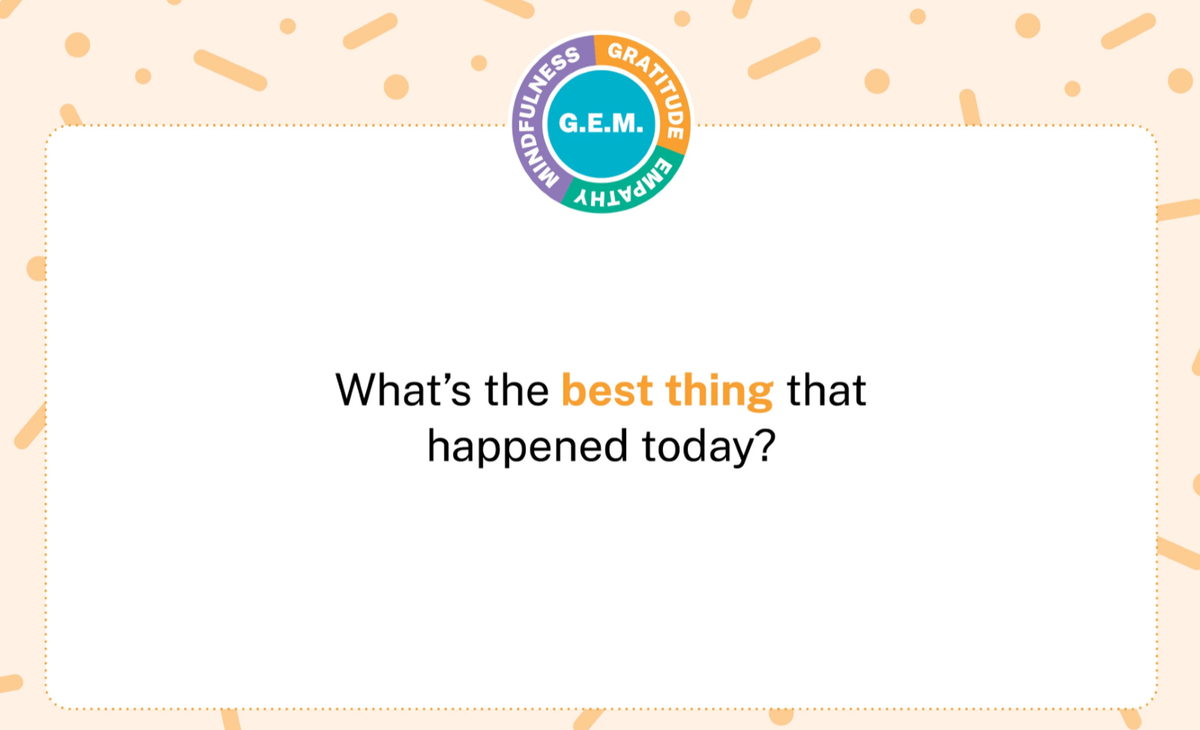The Resilience Project:
CHARACTER STRENGTHS

The Resilience Project:
CHARACTER STRENGTHS


At the heart of The Resilience Project is the belief that by nurturing key character strengths, we support children’s wellbeing, help them grow through challenges, and build stronger friendships.
Character strengths—such as kindness, perseverance, honesty, and empathy—are the foundation for emotional resilience. When children learn to recognise and use these strengths, they develop a greater sense of self-worth and a deeper connection with others.
In our classrooms, we’re exploring these strengths together. Students are encouraged to notice their own unique qualities and to recognise and celebrate the strengths they see in their peers. This simple practice fosters self-awareness, inclusion, and respect—all key ingredients for positive relationships.
We invite you to continue the conversation at home: 🔹 Ask your child what strengths they noticed in themselves this week 🔹 Talk about moments of kindness or courage in daily life 🔹 Celebrate small acts that reflect character and care
Together, we can help our young people thrive—resilient, connected, and ready to shine.


If children feel like they're being left out and want to engage others or better understand why they're not being included, they can ask thoughtful, open-ended questions. These questions can help them express their feelings or open a conversation in a non-confrontational way. Here are some questions that might help:
By asking these questions, children can either directly address the issue of exclusion or suggest ways to create a more inclusive environment. It helps to keep the tone friendly and curious rather than confrontational, so the other children feel open to including them.
A GEM Chat is a brief, structured conversation designed to promote mental wellbeing by focusing on the core principles of Gratitude, Empathy, and Mindfulness—collectively known as GEM. These chats are a key component of The Resilience Project, an Australian initiative aimed at enhancing emotional resilience and mental health across schools, workplaces, and communities.
A GEM Chat typically lasts around 5 minutes and serves as a practical tool to reinforce GEM principles in everyday life. It involves discussing a specific prompt related to gratitude, empathy, or mindfulness, fostering meaningful conversations that support emotional development and resilience. These chats can be integrated into various settings, such as family dinners, school classrooms, or casual gatherings, to encourage open dialogue about mental health and wellbeing.
To facilitate GEM Chats, The Resilience Project offers GEM Conversation Cards—a set of 48 cards featuring prompts related to GEM principles. These cards are designed to be used in various settings, such as family dinners, road trips, or classrooms, aiming to ignite discussions and inspire the practical use of GEM principles in daily life.
GEM Chats play a crucial role in building emotional literacy and resilience. By regularly engaging in these conversations, individuals can develop a deeper understanding of their emotions and learn strategies to manage them effectively. This practice contributes to improved mental health and a greater sense of connection within families, schools, and communities.
If you're interested in starting GEM Chats in your community or family, The Resilience Project provides resources and support to help you implement these conversations effectively.

